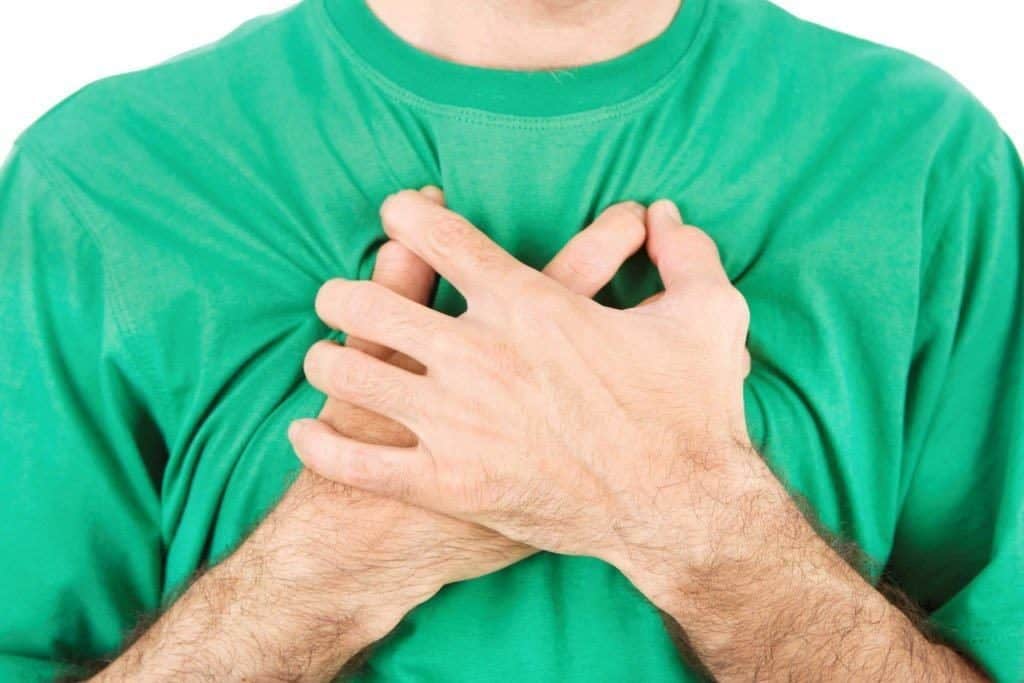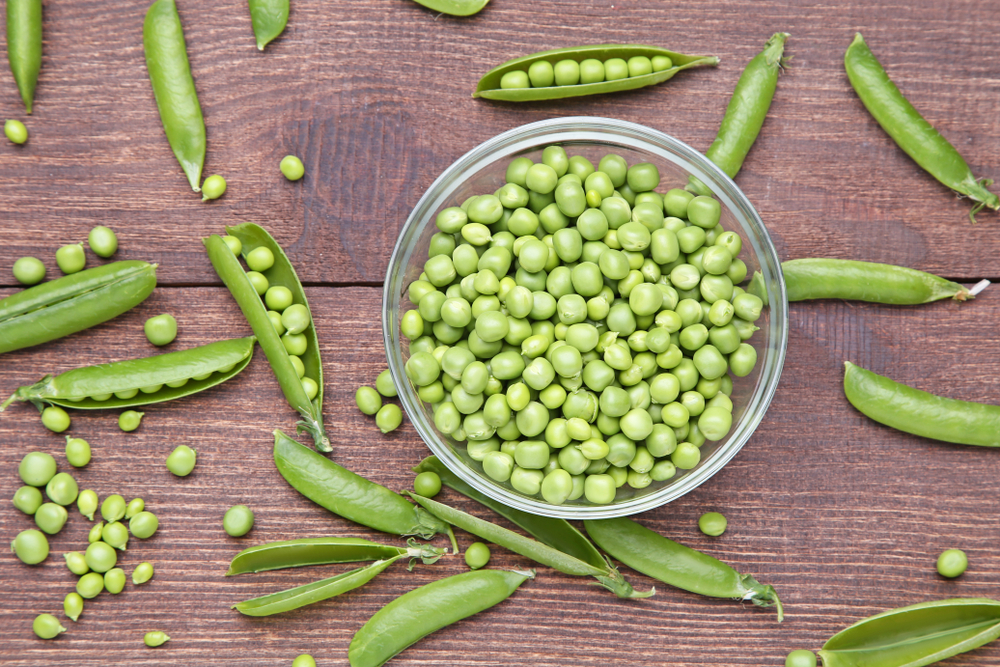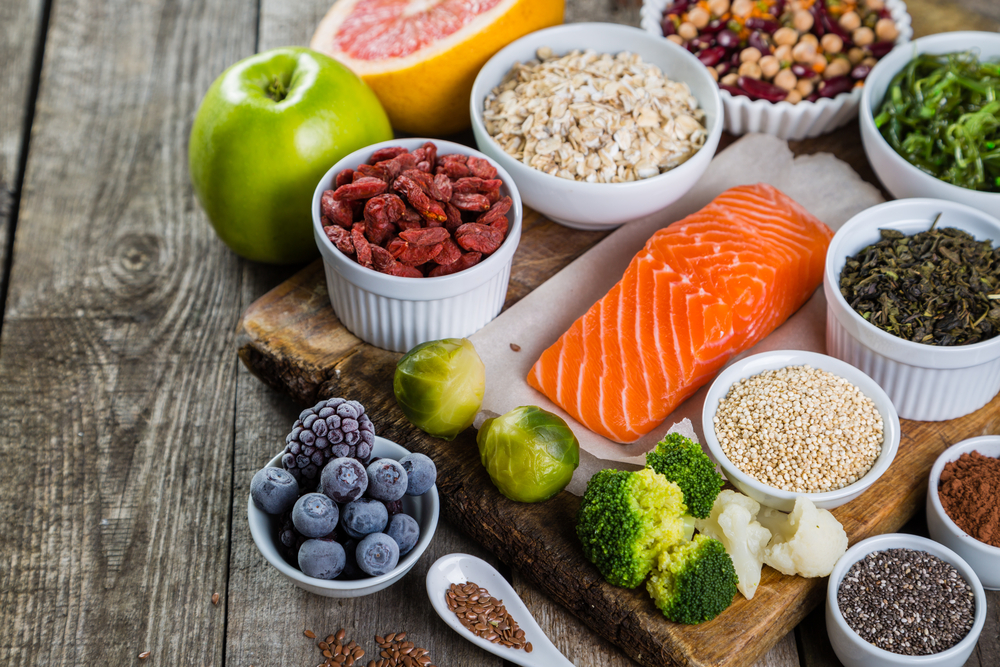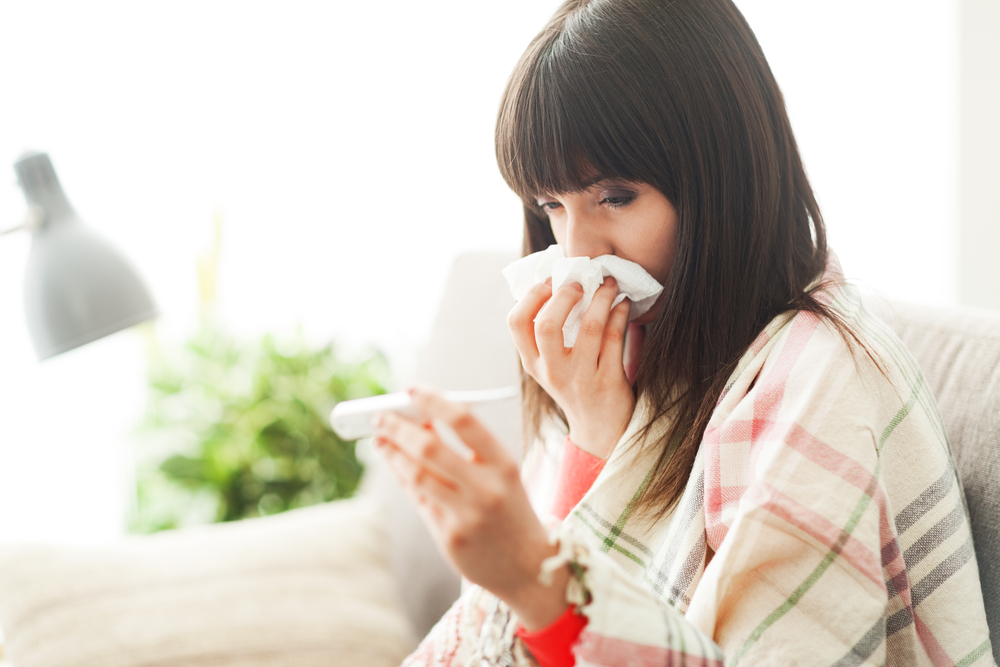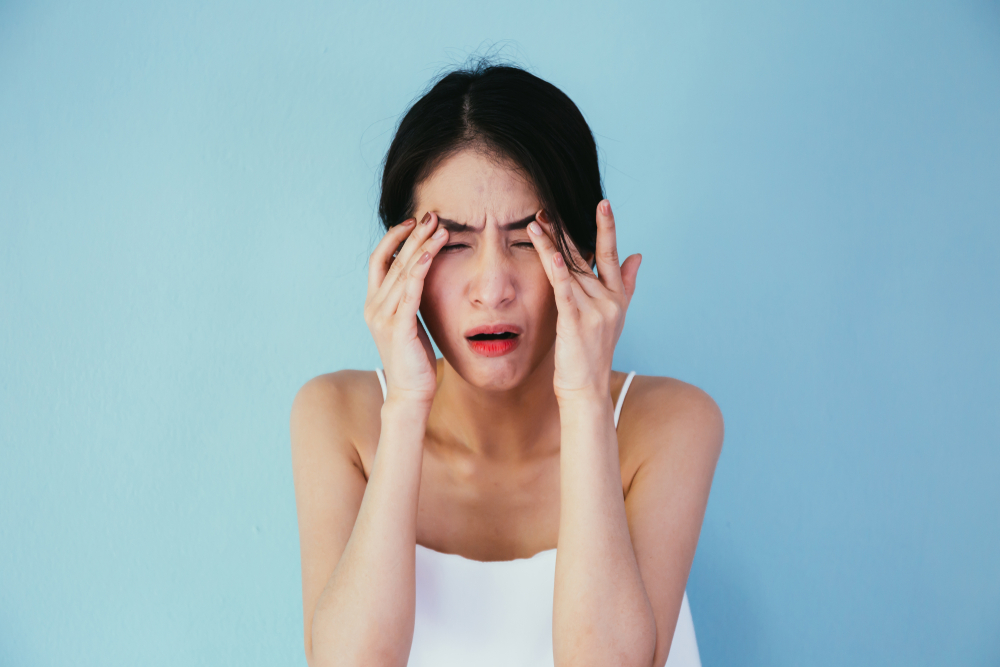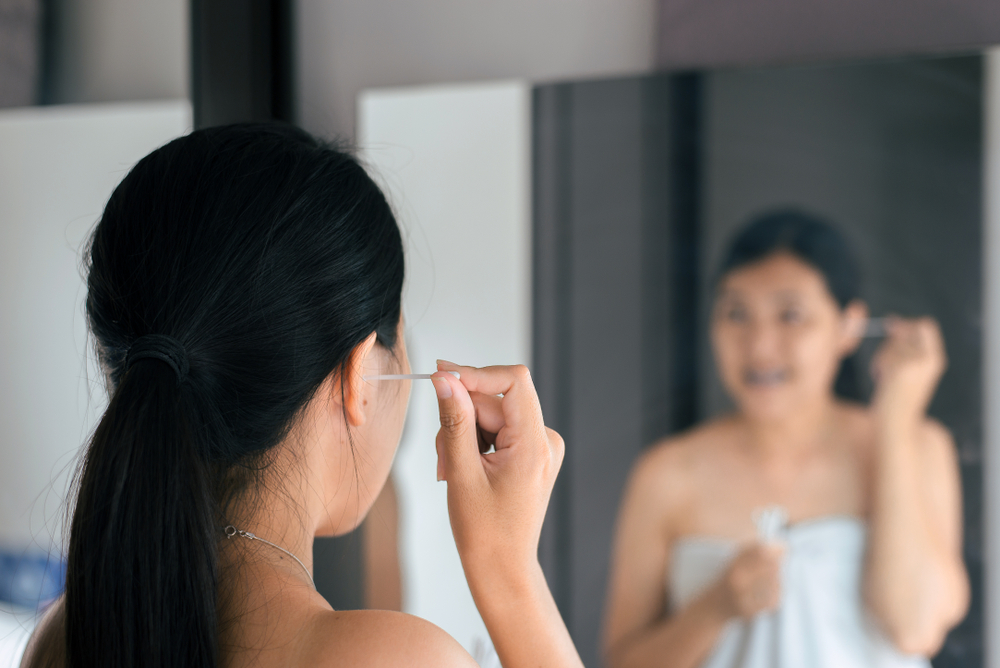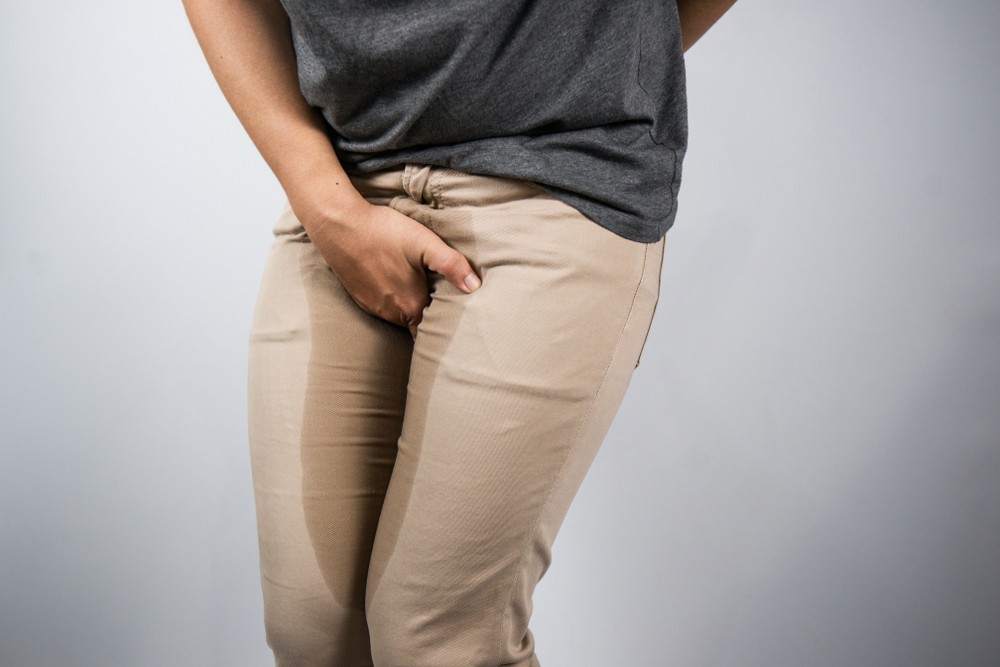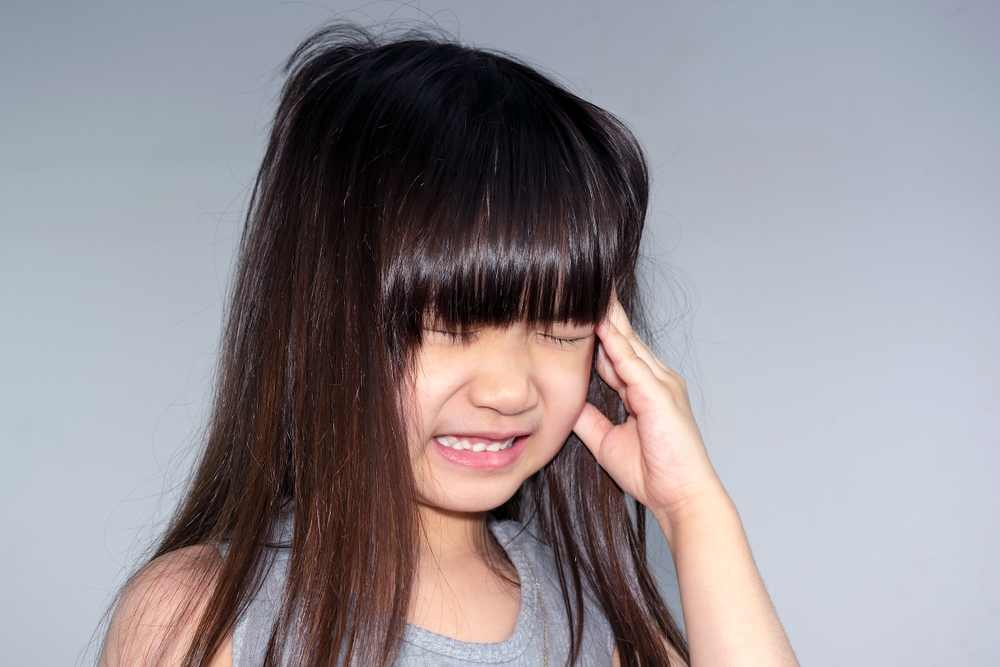Contents:
- Medical Video: High Blood Pressure | Hypertension | Nucleus Health
- Everyone's blood pressure varies every day
- Understand how to measure blood pressure
- Get to know hypertension or high blood pressure
- How to prevent hypertension?
- Keep your ideal weight
- Exercise regularly
- Stop smoking
- Avoid stress
- Take medication for hypertensive patients
- Various things that increase your risk of developing hypertension
- Get to know hypotension or low blood pressure
- How to overcome while avoiding hypotension
- Increase fluid intake
- Increase sodium (salt) intake
- Avoid alcoholic drinks
- Avoid standing too long
- Take medication
- Which is the most dangerous, high or low blood pressure?
- How do you maintain normal blood pressure?
Medical Video: High Blood Pressure | Hypertension | Nucleus Health
Blood pressure is a measure that can determine how strong the heart is to pump blood throughout your body. Understanding blood pressure may not be easy. Because, there are various types of medical terms used to describe this.
Even so you don't worry, because various reviews about blood pressure in this article might help you understand it. Curious?
Everyone's blood pressure varies every day
Blood pressure is a condition that does not work with certainty, because it will change. This is because blood pressure will vary at any time, depending on the activity you are doing. Exercise, changes in posture (from sitting to standing), and even talking can cause pressure on your blood to change.
In addition, blood pressure generally varies according to the time of morning, afternoon or night. According to LiveScience, a study says that blood pressure measured in the morning can see health problems better than if done at night.
Actually everyone's blood pressure will always change. The pattern will start high in the morning until noon then reach its peak in the afternoon and then come back down at night.
This pattern of changes in pressure in the blood is closely related to the body's biological clock, aka the circadian rhythm. The body's biological clock regulates the work of every human organ based on a specific schedule in a 24 hour or one day period.
If this difference in blood pressure happens to you, try to recall whether you have the following risk factors.
- Smoking and coffee hobby. Smoking and drinking coffee can make the risk of blood pressure increase in the morning to get bigger.
- Drugs. Some of the medicines you consume can also affect the increase in blood pressure which then causes a difference in blood pressure. For example in medicine for asthma, skin drugs and allergies, and cold medicine.
- Work late at night. If you often stay up late or work on shift night, this can play a role in causing a difference in blood pressure so that in the morning blood pressure will increase.
- Excessive stress. Excessive anxiety and stress, over time can reduce the performance of the system of the heart and your blood vessels so that it causes permanent blood pressure problems.
Understand how to measure blood pressure
If you want to keep blood pressure under control, it is important for you to understand when blood pressure is considered normal, and when it is considered abnormal.
When medical personnel measure your blood pressure, there will be two types of numbers in the blood pressure meter, systolic and diastolic which are separated by slashes like a division.
Systolic is the number on the "top" and the diastolic is the number that is "down". Systolic shows pressure when your heart pumps blood throughout your body. While the diastolic shows pressure when your heart is in a state of rest, which is when blood filling to the heart (between beats or beats).
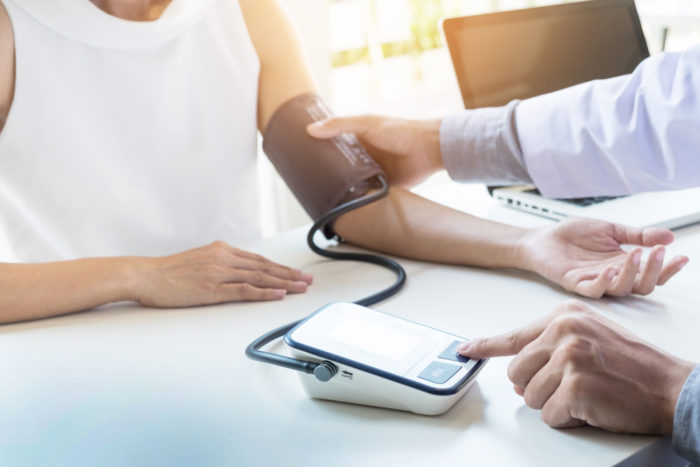
If your blood pressure is 120/80, 120 is systolic pressure and 80 is diastolic. The normal number of blood pressure is the upper number (systolic) lower than 120, and the lower number (diastolic) lower than 80. So, the normal rate of blood pressure is below 120/80.
While the pressure on the blood is considered high (hypertension) if the upper number (systolic) is higher than 140 or if the bottom number (diastolic) is more than 90 in two measurements. Although these numbers cannot always be considered hypertension, you should always be vigilant because the number is above normal.
If your blood pressure is between 120/80 and 140/90, this means you have a prehypertension condition where you don't need medication yet, but you need to be aware of your blood pressure. In this condition you must start making lifestyle changes to be healthier.
Get to know hypertension or high blood pressure
Hypertension is another name for high blood pressure. The pressure on the blood itself is the strength of the blood flow from the heart which pushes against the walls of blood vessels (arteries). The strength of this blood pressure can change from time to time, influenced by what activities are being carried out by the heart (such as being exercising or in normal / resting) and endurance of the blood vessels.
High blood pressure is a condition where blood pressure higher than 140/90 millimeters of mercury (mmHG). The 140 mmHG number refers to systolic reading, when the heart pumps blood throughout the body. Meanwhile, the 90 mmHG number refers to diastolic reading, when the heart is relaxed while refilling its chambers with blood.
Not only that, stress and anxiety can also contribute to your increase in blood pressure. Too low blood pressure can cause it dizzy. While blood pressure is too high it may not cause any symptoms, but it can also trigger stroke. High blood pressure that occurs continuously can also cause it congestive heart failure, kidney failure, hardening of the arteriesand other complications.
You will be sure to have high blood pressure when the doctor detects it during a routine physical examination, because you may not have any symptoms. Because he feels that there is nothing wrong in his body, most people may not diligent medical check up see a doctor unless you feel sick. Well, this is one of the reasons why hypertension is called "silent killer.”
How to prevent hypertension?
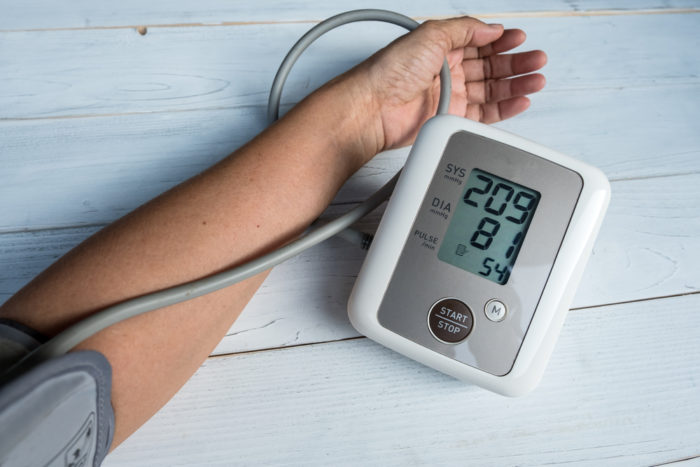
In fact, people who have excess weight, whether it's that overweight or obesity has 2 to 6 times greater chance of experiencing hypertension. Therefore, try to maintain an ideal body weight, because not only can you prevent hypertension but you can reduce the risk of other diseases.
In fact, people who exercise regularly have a lower risk of hypertension than those who don't exercise at all.
To keep blood pressure normal, you should exercise for 2 hours to 30 minutes per week. No need for sports that are too difficult, just a way to relax, jogging, or just biking can prevent hypertension.
Hypertension is one of the bad side effects that can be caused by smoking. Smoking can also make you suffer from various chronic diseases such as stroke, heart disease, and heart attacks. So, stop your smoking habits from now on.
Stress can make blood pressure rise momentarily. However, if you don't manage stress well, your blood pressure will continue to be high and can cause hypertension.
Stress is natural, but most importantly how you manage it properly. Do things that can make you relax, such as listening to music, meditation, or yoga.
Hypertension drugs that are usually combined are diuretic classes, beta blockers, engiotensin enzyme inhibitors (ACE inhibitors), angiotensin-II antagonists, and calcium blockers.
Some examples are Lotensin HCT which is a combination of benazepril (ACE inhibitors) and Hydrocholorthiazide (diuretic), or Tenoretic combined from atenolol (beta blockers) with chlortalidone (diuretic).
Diuretics are often included in high blood drug combinations because of the risk of smaller side effects and benefits that can increase the effect of blood pressure reduction from the main drug.
Diuretic drugs are also added to blood pressure medications to overcome the problem of excess fluid in the body that is commonly experienced by hypertensive people.
Various things that increase your risk of developing hypertension
High blood pressure is not a risky disease for everyone. Men have a higher risk of complications than women with the same blood pressure. Africans and elderly people also have a higher risk than other ethnic groups, and also higher than younger people even though the size of the pressure on their blood is the same. This shows how important it is to control hypertension.
Elevated blood pressure for unknown reasons is called "essential hypertension ". "Blood pressure can also increase due to other disease processes, such as certain excess hormones or kidney disease. This is called "secondary hypertension" because it occurs due to other diseases.
Get to know hypotension or low blood pressure
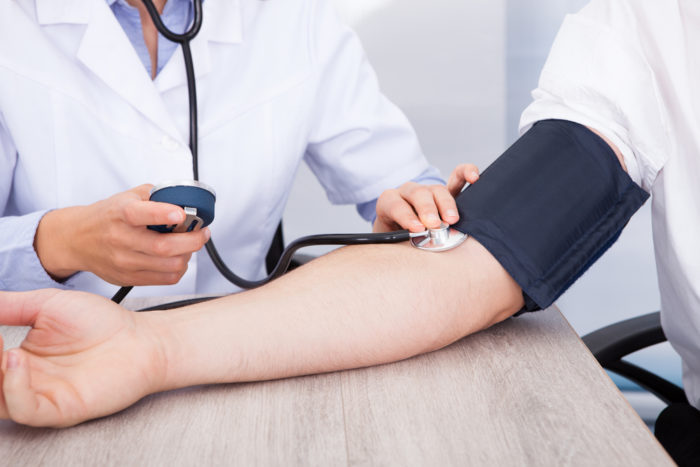
Low blood pressure is a condition in the blood that results when the heart pumps blood throughout the body below the normal pressure limit. When blood flows through arteries, blood puts pressure on the arterial wall.
That pressure is assessed as a measure of the strength of the blood flow or called blood pressure. If the pressure in the blood in the arteries is lower than normal, it is usually called low blood pressure or hypotension. This also means that the heart, brain and other parts of the body do not get enough blood.
Some experts say that Hypotension is usually diagnosed when blood pressure reaches 90/60 or less, and several symptoms are followed, namely dizziness, dehydration, difficulty concentrating, nausea, cold and moist skin, breathing becomes hunted, fatigue, feeling very thirsty, blurred vision, until fainting (loss of consciousness). Changes in pressure in the blood suddenly become low, too dangerous because it can have severe dizziness, because the brain fails to receive enough blood flow.
Low blood pressure is sometimes interpreted as a sign of not enough blood flowing in the brain and other vital organs, so that it can cause several symptoms such as:
- Headache or body feels light
- Fainted
- Blurred vision
- Heart rate is faster than normal and the rhythm becomes irregular
- Feeling confused
- Nauseous or feeling unwell
- Weak
- Feeling cold
- Pale skin (pale due to illness)
- Feel thirsty or dehydration (dehydration can cause blood pressure to decrease)
- Difficulty focusing or concentrating
How to overcome while avoiding hypotension
Fluid can increase blood volume and prevent dehydration, which are both very important for handling hypotension. Drink at least 8 glasses per day plus foods that contain lots of water such as vegetable and fruit. More fluid will increase blood volume, and an increase in the amount of blood will increase the pressure in the arteries.
Sodium is a mineral available in salt. In addition to salt, vegetables, fruit and sports drinks too containing sodium which can be a source of sodium intake for people with hypotension. Foods or drinks that contain sodium are actually available in various sources because most types of food do contain salt.
Alcohol can lead to dehydration or lack of fluids. The more fluid that is lost from the body, the pressure on your blood will also decrease.
Not standing for too long can prevent the occurrence of blood pressure becoming lower which is affected by nerve conditions. There are some people who experience low blood pressure with this type orthostatic hypotension.
In this condition, the person when standing at least 3 minutes can experience a decrease in systolic blood pressure of 20 mmHg and diastole 10 mmHg compared to pressure in their blood when sitting or lying down. So, people who have low blood pressure with this condition must reduce standing activity.
There are several medicines that are specifically for cases of low blood pressure. If drugs are needed the working principle of the drug is by increasing blood volume or narrowing the arteries so that the pressure in the blood will increase because there will be more blood flowing through the smaller space. The use of these drugs is certainly based on a doctor's prescription.
Generally, doctors will prescribe hypotensive drugs, namely drugs vasopressin. This is a medicine to narrow blood vessels to cause an increase in blood pressure. This drug is usually used for cases of critical hypotension.
In addition there are catecholamine drugs that are included in the drugs adrenaline, noradrenaline, and dopamine. These drugs work to affect the sympathetic and central nervous system. Catecholamines also function to make the heart beat faster and stronger and constrict blood vessels, resulting in increased pressure on the blood.
Which is the most dangerous, high or low blood pressure?
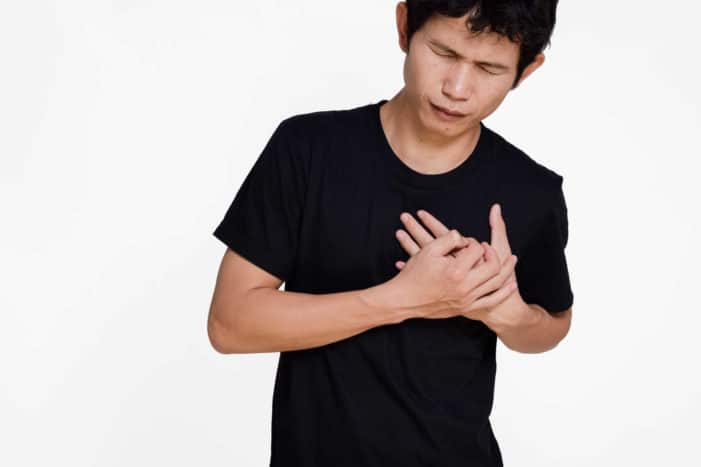
Hypertension and hypotension cannot compare the severity, both are equally dangerous. Because, both are equally at risk of causing complications in the long term and certainly give a bad influence on the organs of the body.
Complications in hypertension will cause damage to blood vessels so that it can occur heart attack, heart failure, kidney failure and other possible diseases. While hypotension can cause shock (loss of fluid or blood in very large amounts) which is certainly life threatening.
Of course healthy life is your choice, right? Instead of comparing; which is more dangerous, you should avoid both of these disorders. Reporting from Healthline, following guidelines for maintaining healthy blood pressure such as:
- Keep your ideal weight. To determine whether your weight is ideal, check on this BMI calculatoror on bit.ly/indeksmassatubuh.
- Keep a healthy and balanced diet.
- Enough rest and exercise.
- Stop smoking and avoid consuming alcohol.
- Routinely check blood pressure and consult your health to the doctor.
How do you maintain normal blood pressure?
Changing healthy lifestyles is the first important step to keep blood pressure normal and stable Health experts today suggest that we all have to:
- Exercise at least 30 minutes a day
- Maintain weight to stay ideal
- Reducing consumption of sodium (salt)
- Increase potassium intake
- Limit alcohol consumption to no more than one or two glasses a day
- Eating foods rich in fruits, vegetables, and low-fat dairy products while reducing total fat and saturated fat intake

